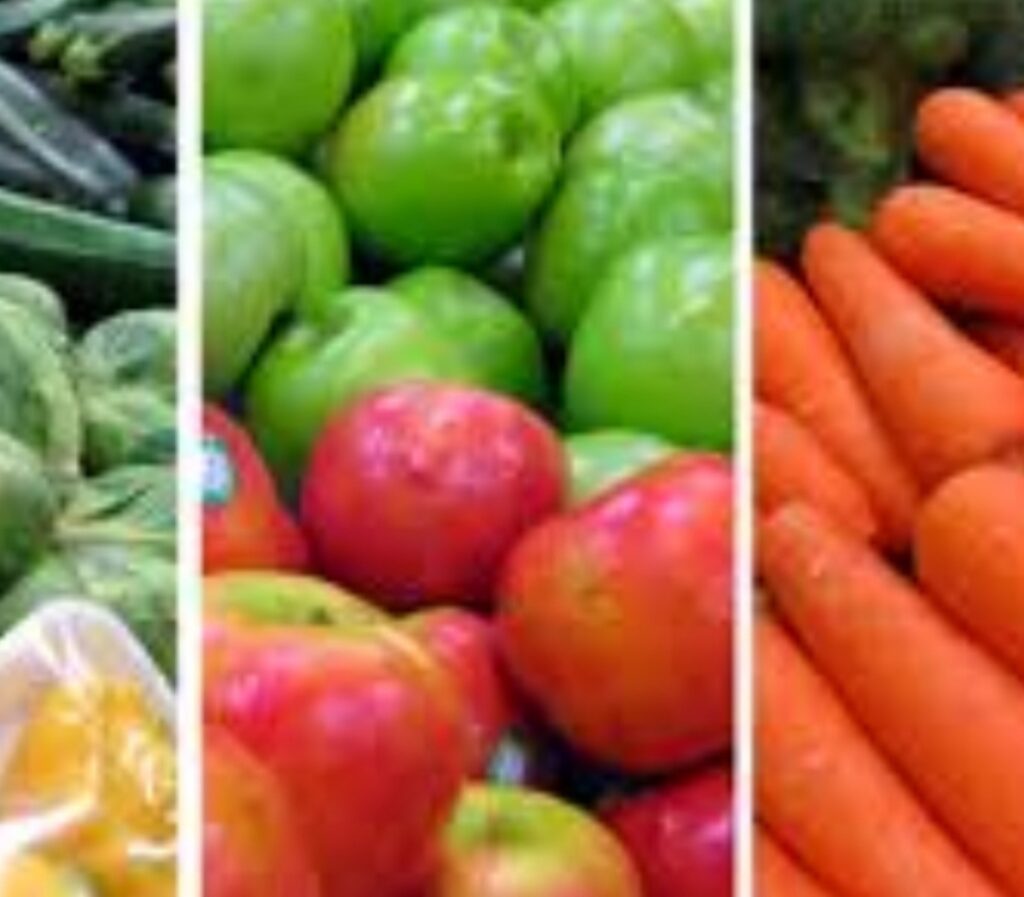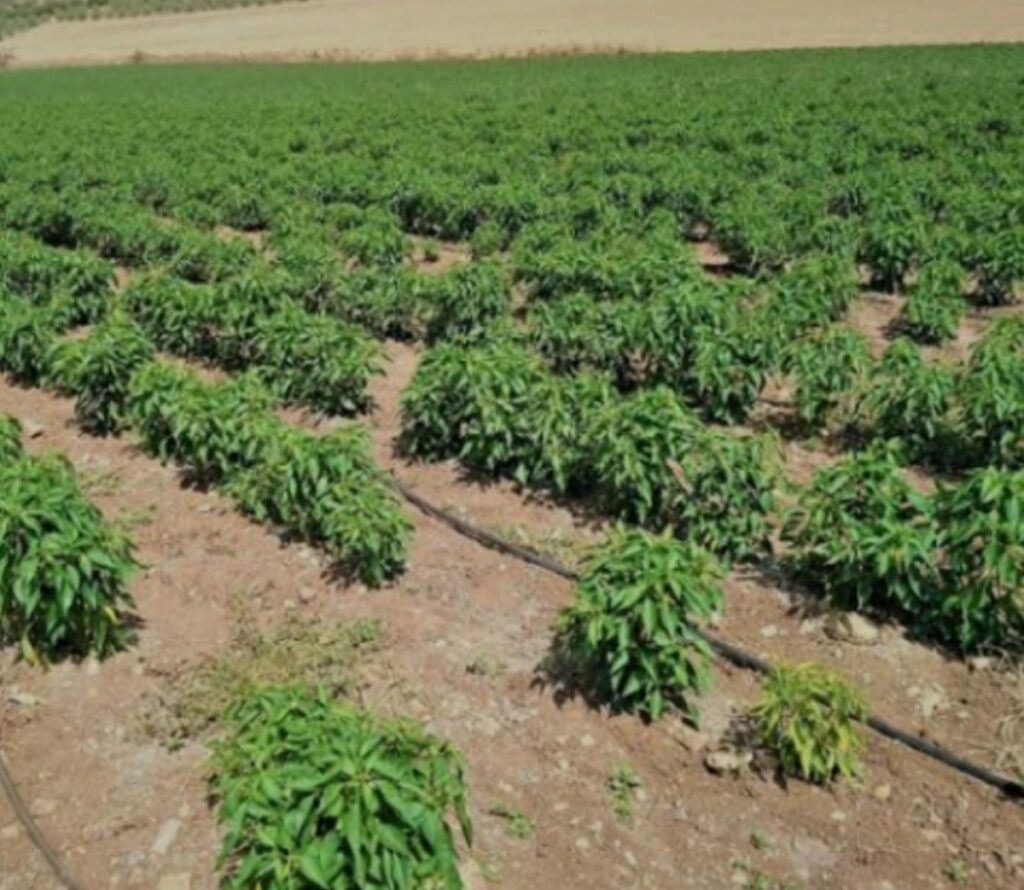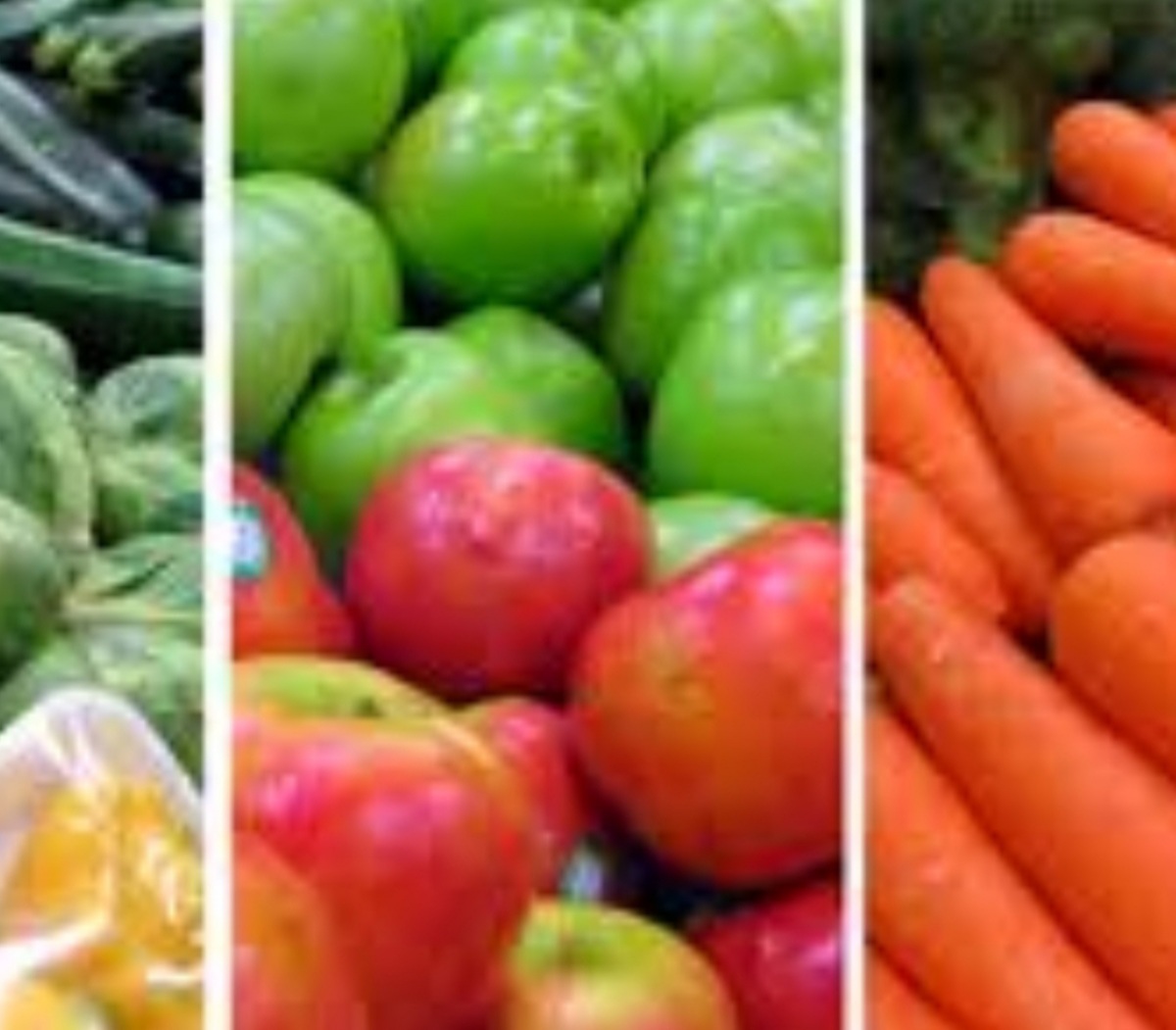Safia Abdulrahman
Prince Peter Bakare, President of Organic and Agroecology Initiative (ORAIN) says there is a need to sensitise Nigerians on the alternatives to GMO’s, and their rights to have access to healthy food.
Bakare said this on Thursday at the December 2024 edition of `Upscaling Organic Agriculture and Agroecology’, a symposium on Safe alternatives to GMOs.
The series tagged `Get informed to avoid being misinformed’ was organised by ORAIN, in conjunction with Organic and Agroecology Innovation Platform (OAIP) and Journalists Go Organic.
He said that there is a need to upscale the sensitisation of farmers, processors and consumers, so they would be able to decide on what to take to improve their health.
According to him, there are so many things going wrong in the food safety system.

“We believe that the more people are aware of their right,, the better for us and the population in Nigeria.
“Nigerians should have the right to also make choices in what they want to eat and what they don’t want to eat.
“It will also be better for human capacity development and our health system, as well as for the growth of our Gross Domestic Product’’.
He, therefore, called on government at all levels to ensure safe alternatives to Genetically Modified Organisms (GMOs) in Nigeria.
Prof. Olugbenga AdeOluwa, the National Coordinator of ORAIN, in his presentation said that there is also the need for Nigeria to prioritise safe alternatives to GMOs, with a view to addressing food security and economic gains in the country.
AdeOluwa described GMOs as organisms whose genetic materials in the DNA or RNA have been altered using genetic engineering techniques.
“This involves introducing genes from one species to the DNA of another species to introduce new traits or characteristics.
“There is no gainsaying the fact therefore that safety of ‘GMOs’ regarding human health, environmentally, socially and economically is essential’’.

He said that in spite of the introduction of GMO’s in Nigeria, the country still remains one of the top importers of pesticides in Africa and has become a leader in GMO crop approvals on the continent.
“Many farmers in the country still cut corners in their production practices by engaging in several unwholesome acts which endanger the health of consumers.
“Efforts to address existing concerns hovering around GMO commercialisation and indiscriminate pesticide usage by smallholder farmers, who are the country’s major producers of food commodities, have remained negligible and ineffective,’’ he added.
He wondered why everything about GMOs is shrouded in secrecy; including the way and manner its approval in Nigeria was handled.
“Unfortunately, many farmers who are enthusiastic about being part of GM trials had little knowledge of what the crops are and the environmental risks associated with their use’’.

